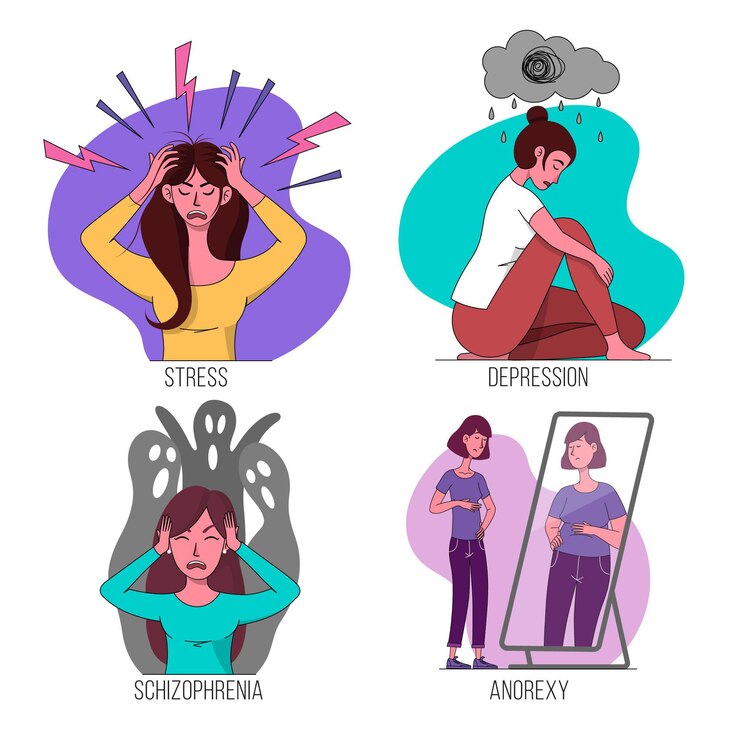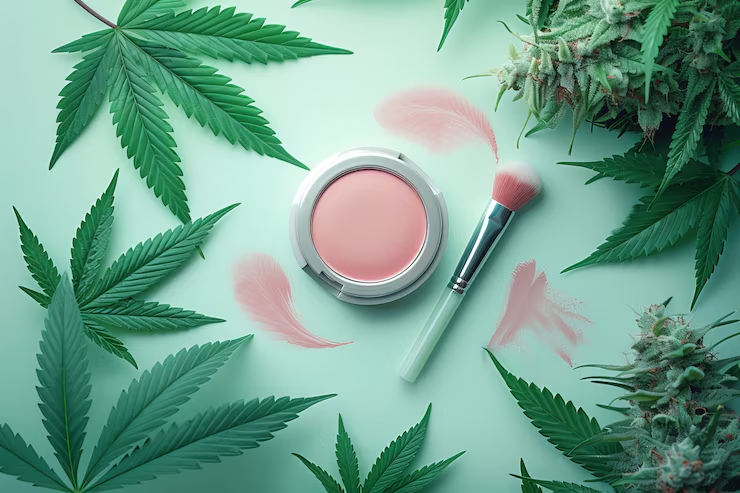CBD for Mental Health: Depression, PTSD, and More
Table of Contents
In recent years, the conversation around CBD for mental health has gained significant traction. As awareness of holistic wellness grows, more people are exploring how cannabidiol (cbd roll on for pain), a non-intoxicating compound found in cannabis, may help support mental well-being. From managing symptoms of depression to addressing post-traumatic stress disorder (PTSD), the potential benefits of CBD are becoming harder to ignore.
Let’s dive into how CBD may offer a natural path to better mental health and explore the science, stories, and practical tips for integrating it into your wellness routine.
What Is CBD?
CBD (cannabidiol) is one of over 100 cannabinoids found in the hemp plant. Unlike THC, it doesn’t produce a high, making it an appealing option for those looking to ease anxiety, depression, or stress without altering their state of mind. CBD interacts with the body’s endocannabinoid system (ECS) — a complex network of receptors that plays a role in regulating mood, sleep, appetite, and more.
CBD and Mental Health: What the Research Says

While research is still ongoing, multiple studies have highlighted the potential of CBD for mental health, particularly for the following conditions:
1. Depression
CBD may influence the brain’s serotonin levels, similar to how antidepressants work. Studies suggest that CBD might help relieve symptoms of depression by enhancing mood, improving sleep, and reducing stress responses.
2. Anxiety Disorders
CBD is perhaps best known for its calming effects. It’s been shown to help reduce social anxiety, generalized anxiety disorder (GAD), and panic disorder, with minimal side effects.
3. PTSD (Post-Traumatic Stress Disorder)
CBD may help reduce nightmares, hypervigilance, and anxiety associated with PTSD. Some users report feeling more grounded and less reactive after consistent CBD use.
4. Sleep Disorders
Mental health issues often go hand-in-hand with sleep disturbances. CBD may help promote deeper, more restorative sleep — especially helpful for people dealing with anxiety or trauma.
5. Stress and Burnout
For everyday stress, CBD can help balance cortisol levels and promote a sense of calm, which can prevent chronic stress from turning into more serious mental health issues.
How to Use CBD for Mental Health

When using CBD for mental health, consistency is key. Here are some popular formats:
- CBD Tinctures: Fast-acting and easy to dose. Best for daily use.
- CBD Capsules: Discreet and convenient, ideal for long-term support.
- CBD Gummies: Great-tasting option for stress or anxiety on-the-go.
- CBD Vapes: Fastest delivery method, helpful for acute anxiety or panic.
- Topicals: While not common for mental health, some users apply them for calming rituals or nighttime relaxation.
Start with a low dose (10-20 mg), and gradually increase as needed. Always consult a healthcare provider before beginning a new supplement regimen, especially if you’re already on medication.
My Personal Journey with CBD and Mental Health
I started using CBD during a high-stress period in my life. Constant anxiety and low mood had become my norm. After doing my research, I tried a full-spectrum CBD oil — and within a week, I noticed improved sleep and reduced restlessness. Over time, it became a tool I could rely on to stay grounded and focused, especially during tough times.
FAQs About CBD for Mental Health
1. Is CBD safe for mental health treatment?
Yes, CBD is generally considered safe and well-tolerated. However, it’s always best to consult your doctor, especially if you’re on medications like antidepressants.
2. Can CBD replace antidepressants or anxiety medication?
CBD should not replace prescribed medication unless under professional guidance. It can, however, complement traditional therapies for many people.
3. How long does it take to see results with CBD?
Some people feel effects within 30–60 minutes (especially with tinctures or vapes), but for mental health support, consistent daily use over weeks often yields the best results.
4. What’s the best form of CBD for anxiety or depression?
Tinctures, capsules, and gummies are commonly used for mental health. Full-spectrum products may offer enhanced effects due to the entourage effect.
5. Does CBD make you feel high or addicted?
No, CBD is non-psychoactive and non-addictive. It doesn’t produce a high and is safe for long-term use.
Final Thoughts on CBD and Mental Health
The potential of CBD for mental health is both exciting and encouraging. Whether you’re dealing with daily stress, depression, PTSD, or anxiety, CBD could offer a natural and effective way to support your emotional well-being.
Remember, mental health is deeply personal, and what works for one may not work for another. Start slow, monitor your progress, and always prioritize self-care and professional support when needed.







